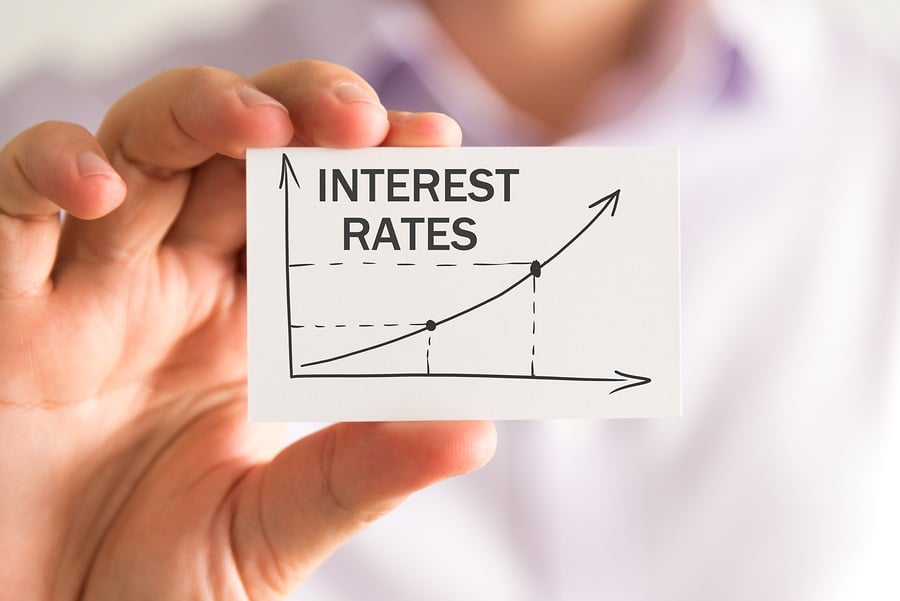National Moving Month Is Here
May is National Moving Month and the start of the busiest relocation period in the calendar year. Around half of all moves take place in the summer...
Manage your everyday finances with convenient accounts, flexible cards, and personalized service designed to fit your life.
At First Federal Bank, we offer flexible mortgage solutions for almost any situation, helping you secure the right financing for your dream home.
Business banking offers secure financial management, streamlined transactions, credit options, and tools to help businesses grow efficiently and sustainably.


Interest rates are rising, and in some ways, that’s a good thing. The Federal Reserve slashed rates to near zero years ago when the economy plunged. Now employers are hiring, and unemployment is consistently low. Americans have more money in their pockets, so they’re more willing to spend. Companies are investing in growth, which stimulates the economy further.
The downside is that when there’s greater demand for goods and services, inflation also starts to rise. One of the ways the Fed fights rising inflation is to hike interest rates.
What Happens When Rates Increase?
The Federal Open Market Committee (FOMC) is the part of the Federal Reserve responsible for raising and reducing interest rates. When the committee raises the interest rate, the cost of money goes up. It impacts everything from credit card interest rates to mortgage loans. It changes business not just in the United States, but around the world. A rate increase has the following effects:
1. It costs more to borrow money. A higher prime rate means variable-rate loans cost more. Credit cards, bonds and some mortgage loans have interest rates that go up or down based on the prime rate plus a percentage. Many mortgage loans are linked to Treasury yields, which are also impacted by a rate hike.
2. Individuals make more interest. If you have a savings account at a bank, over the last several years you probably haven’t made a significant sum for letting the bank hold on to your cash. When interest rates rise, that amount also goes up.
3. The stock market reacts. Recent drops in the stock market are partially related to fluctuating interest rates and the uncertainty they create over the future.
4. The dollar gains strength. It becomes more attractive to invest in Treasuries and safe assets than in an unpredictable stock market, so U.S. currency shows gains.
How Much Will They Go Up?
This month, Kiplinger examined interest rate activity since December and forecast what will happen to interest and mortgage rates in the near future. It thinks rates reached a plateau mid-February but point out that mortgage rates continue to rise.
Experts believe the Fed will continue to raise short-term rates because of challenges ahead in the labor market. Late March may bring the first of several short-term hikes, with more bumps in June and December. By 2019, the federal funds rate is predicted to be around 2.25 percent.
What That Means for Consumers
A little bit of inflation is helpful. It means your boss can afford to give you a raise and you can put money away for the future. It also means you’ll pay more in interest on credit card loans and other types of borrowing. Families looking to buy a home should work toward finalizing their purchases as soon as possible (before the interest rates increase even more). Every interest rate hike increases both your monthly payment, the amount you can afford and the interest you pay over the lifetime of your loan.
CBC National Bank can help you get qualified for your next mortgage loan. Visit us online to find out more.

May is National Moving Month and the start of the busiest relocation period in the calendar year. Around half of all moves take place in the summer...

April is Fair Housing Month, and this month is of particular import because it marks the fiftieth anniversary of the Fair Housing Act. The Fair...

There are many reasons why you might be interested in hiring a home contractor. These professionals are an important part of helping someone attain...
Manage your accounts, make payments, and more.
Open an account with us.